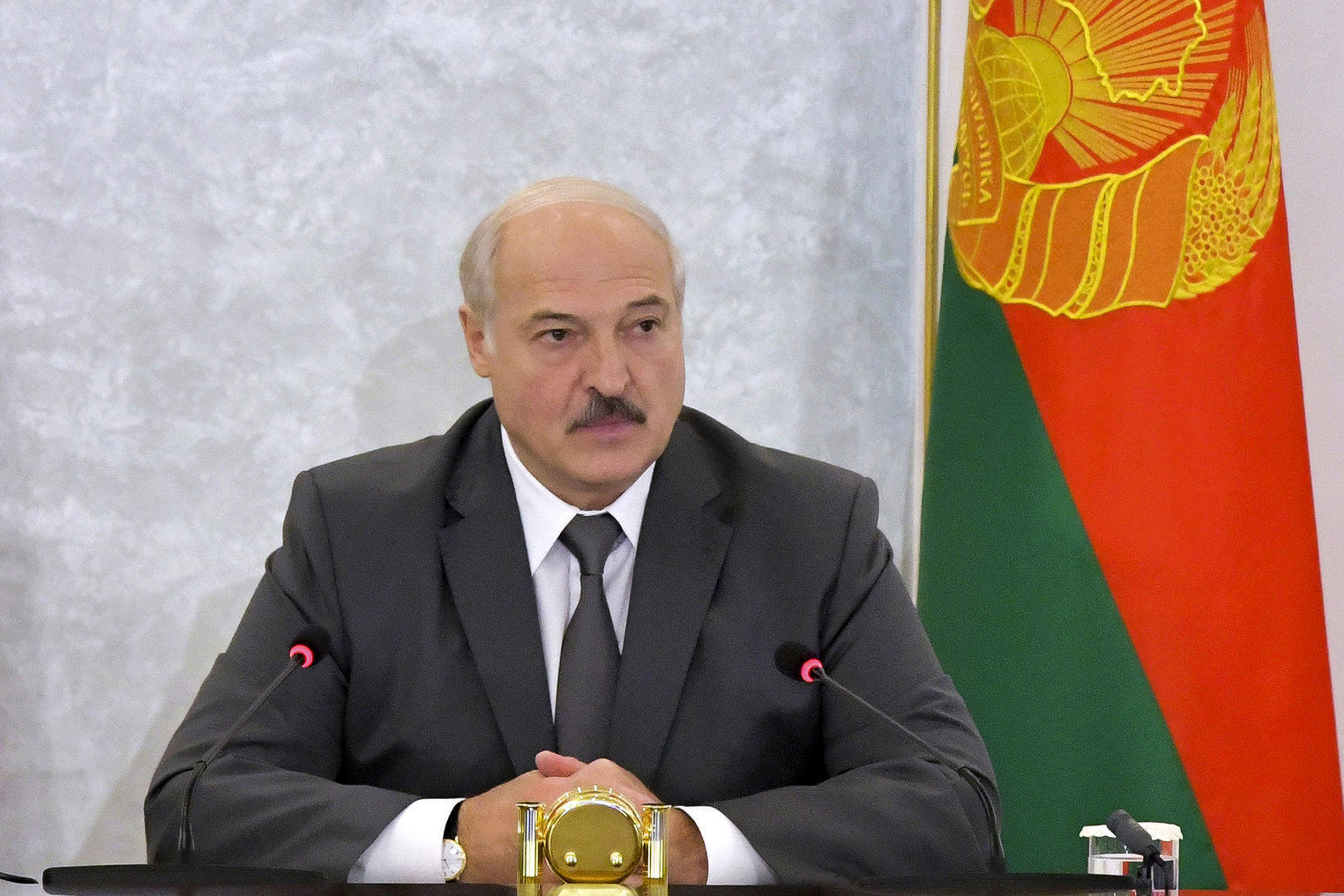V4 foreign ministers urge Borrell to act swiftly on Belarus sanctions

Referring to the European Union decision to impose further sanctions on a wider group of people in Belarus in connection with the disputed election there, Foreign Minister Péter Szijjártó said in Berlin on Friday that Visegrad Group foreign ministers had met separately and decided to ask the EU’s top diplomat Josep Borrell to act swiftly on the matter.
The broader sanctions should not be delayed until after the next formal meeting of the Foreign Affairs Council in a month’s time, the V4 ministers agreed. Rather, the sanctions should be imposed as soon as possible through a written decision-making process, they agreed.
During a break in the informal meeting of EU foreign ministers, Szijjártó added that any uncertainty may strongly call into question the seriousness of the EU.
He noted in a statement to public media that EU member states have agreed to expand the list of sanctions to cover the heads of the Electoral Commission of Belarus and police leaders.
Szijjártó said the member states’ foreign ministers had agreed that change in Belarus should come about in line with the constitution and with an utmost respect for the country’s sovereignty and the people’s will. However, the solution should also consider geopolitical factors such as neighbouring Russia, he said.
The European Commission and the Organization for Security and Cooperation in Europe (OSCE) might emerge as the mediators all parties accept, since Belarus is a member (of the OSCE) and Russia also cooperates with it, he said.
Regarding Russia, Szijjártó noted that its relations with the EU is on the agenda of the next council meeting.
Szijjárt insisted the sanctions imposed on Moscow after the “Ukraine crisis” hit some member states harder than others. While the largest western European states have increased their exports to Russia by 25 percent since 2015, Hungary has seen a setback, he said. “Nevertheless, we never broke ranks with the EU,” he added.
The EU will also have to build consensus regarding the member states’ energy supplies, Szijjarto said. Hungary is currently buying its natural gas from Russia, “and we reject all attempts to dictate where and at what price we should procure it”. The freedom of decision on buying energy resources is a key element of national sovereignty and security, he said.
One of the main topics at the meeting was the conflict between Greece and Turkey, and Turkey and Cyprus, over gas fields discovered in the eastern Mediterranean.
Several comments were made on the danger of the conflict fuelling illegal migration, he said. Therefore, the EU should focus on cooperating with Turkey rather than trying to “strongarm” it, Szijjártó said. “We should avoid at all cost that the four million migrants currently housed in Turkey make their way to the Schengen borders, and so to Hungary,” he said.
Source: MTI

